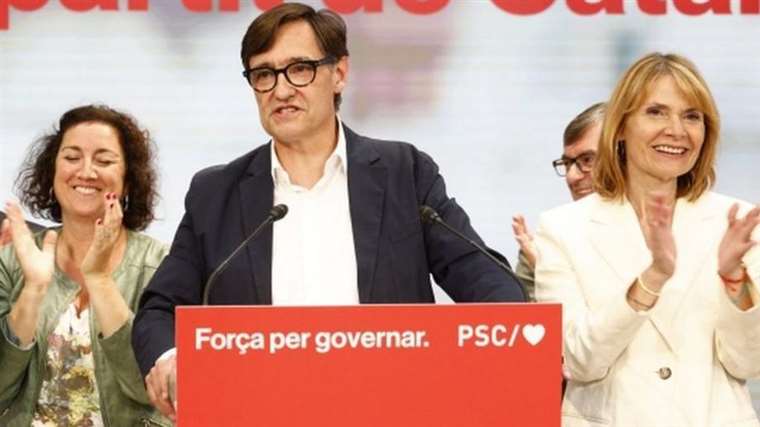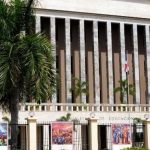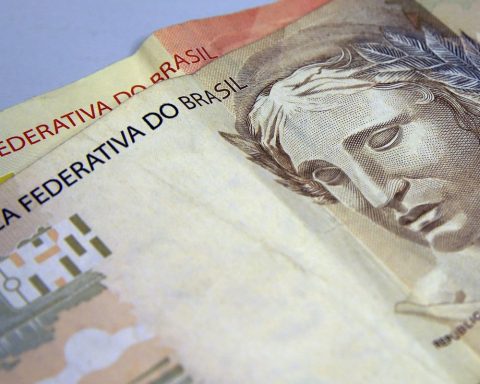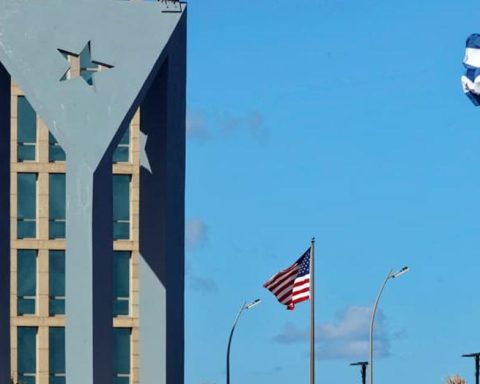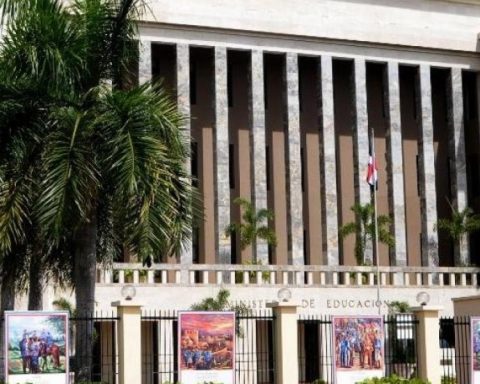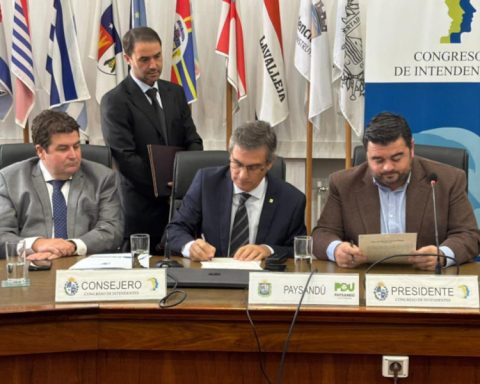May 12, 2024, 10:01 PM
May 12, 2024, 10:01 PM
The Catalan Socialist Party (PSC), of Spanish Prime Minister Pedro Sánchez, won the regional elections in Catalonia while the pro-independence parties lost ground.
Under the leadership of former Spanish Health Minister Salvador Illa, the PSC made substantial progress to emerge as the clear winner this Sunday.
With 99% of the votes counted, it has obtained 42 seats of the 68 that represent the absolute majority.
Support for independence has fallen to 42%, since 2017 when it reached 49%, says the Catalan government’s statistics institute.
In the campaign prior to these elections, the issue of Catalonia’s relationship with the rest of Spain was relegated to the background due to other challenges, such as the drought in the region and the real estate crisis.
Former regional president Carles Puigdemont’s hardline Together for Catalonia (JxCat) party came in second, with 35 seats, regaining its status as the main pro-independence force in the region ahead of Catalan Republican Left (ERC).
But overall, the nationalist parties lost support, meaning they no longer control the regional parliament and this is a serious blow to the independence movement.
Still, pro-independence parties have won substantial concessions from the central government in recent years and continue to demand a referendum on independence.
ERC’s minority government, Pere Aragonès, called early elections after failing to muster enough support to approve the region’s annual budget.
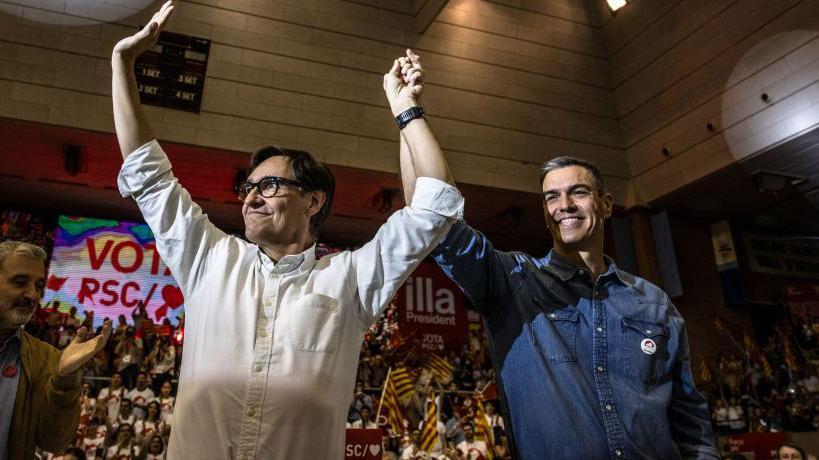
“A new era for Catalonia”
Sánchez will see this result as a vindication of his policies in Catalonia, in particular a controversial amnesty law that benefits nationalists facing legal action for separatist activity.
The amnesty, which is concluding its process in the Spanish Parliament, has provoked a fierce reaction from right-wing opponents.
Illa praised the result as “a new era for Catalonia.” He said that among the factors that have allowed the result “are the policies carried out by the Spanish Government and its Prime Minister, Pedro Sánchez, to whom I send my recognition and gratitude.”
The amnesty law was a condition of the parliamentary support that JxCat and ERC gave Sánchez at his inauguration, allowing him to form a new central government last November.
Puigdemont, who fled abroad in 2017 after leading a failed secession attempt, is expected to benefit from the amnesty and return to Spain. He campaigned before these elections from the south of France.
Despite the socialist victory, it will not be easy for Illa to form a government, as he will likely need the support of ERC and the far-left alliance Comuns Sumar.

And remember that you can receive notifications in our app. Download the latest version and activate them.

